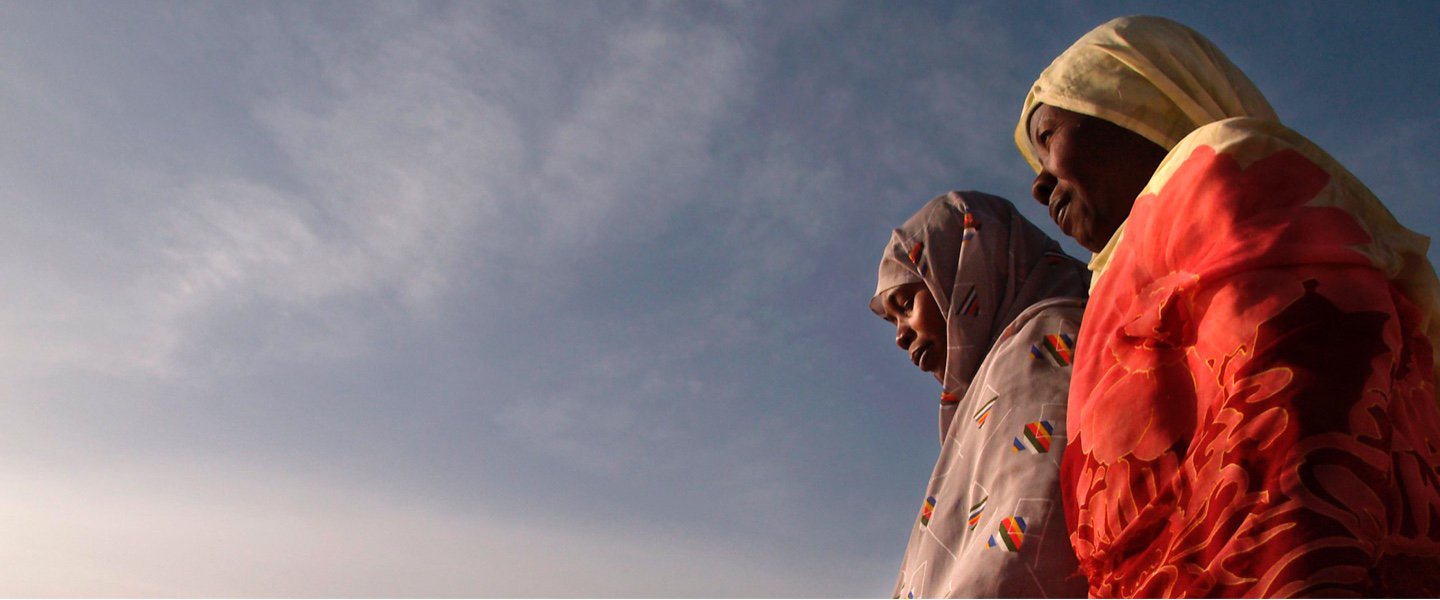From 2013–17, 275,605 women received antenatal care and 2.3 million people received health, nutrition, and population services.
From 2011–18, 155,397 births were delivered by a skilled healthcare professional and two million poor people were provided with basic health and nutrition services.
From 2009–18, 3,200 women were trained in sustainable charcoal production techniques, which increased their revenue and improved their family’s living conditions. During the same period, the project distributed 306,253 improved stoves benefiting mostly women.
From 2013–2018, 371,860 households benefited from the construction of 736 kilometers of electricity transmission and distribution lines. 8.9 million people were benefited from improved reliability of electricity services, up from 6.1 million people in 2012.
From 2013–18, 4,590 students were enrolled in improved science and technical programs and 651 youths graduated from short-term skills development courses.
From 2016–18, 2,151 businesses and entrepreneurs received growth acceleration training, which generated 220 jobs.
From 2016–18, 352 youths benefited during the development of the interurban road infrastructure in the Greater Dakar Area.
1,740 months of work were generated from the 32 kilometers of rural roads that were rehabilitated in 2018.
From 2009–18, the national budget credibility, transparency, and accountability mechanisms were enhanced and 3,325 staff from various ministries and departments were trained in Public Finance Management. The World Bank’s Debt Management Performance Assessment indicator increased from D+ to A in 2018.
The timeline for completion of the annual external audits of government budget at the end of fiscal year was reduced to 10 months in 2018 from 36 in 2011. Annual performance reports of five key ministries (Energy, Agriculture, Infrastructure, Basic Education, and Health) were published in 2018 for the first time.
From 2012–18, 144,000 people benefited from reduced flood risks in the peri-urban areas of Dakar, of whom 74,800 were women. During the same period, 744 hectares of land were protected against recurrent floods through drainage works.
From 2012–18, 83,296 people were consulted through community engagement on an urban flood risk reduction and adaptation to climate change project.
From 2016–18, 531 people were trained in flood risk management, urban climate change resilience, and urban planning. From 2015–18, 180,000 people in urban areas were provided with access to improved water sources and 31,010 people were provided with access to improved sanitation facilities. During the same period, 20,000 households received piped water connections and 53 kilometers of feeder pipes were installed.
Key Achievements
Results

INDICATORS
Life expectancy at birth, total (years)
Debt
Results Stories
Projects

News Updates
Related Documents
Key Achievements
From 2013–17, 275,605 women received antenatal care and 2.3 million people received health, nutrition, and population services.
From 2011–18, 155,397 births were delivered by a skilled healthcare professional and two million poor people were provided with basic health and nutrition services.
From 2009–18, 3,200 women were trained in sustainable charcoal production techniques, which increased their revenue and improved their family’s living conditions. During the same period, the project distributed 306,253 improved stoves benefiting mostly women.
From 2013–2018, 371,860 households benefited from the construction of 736 kilometers of electricity transmission and distribution lines. 8.9 million people were benefited from improved reliability of electricity services, up from 6.1 million people in 2012.
From 2013–18, 4,590 students were enrolled in improved science and technical programs and 651 youths graduated from short-term skills development courses.
From 2016–18, 2,151 businesses and entrepreneurs received growth acceleration training, which generated 220 jobs.
From 2016–18, 352 youths benefited during the development of the interurban road infrastructure in the Greater Dakar Area.
1,740 months of work were generated from the 32 kilometers of rural roads that were rehabilitated in 2018.
From 2009–18, the national budget credibility, transparency, and accountability mechanisms were enhanced and 3,325 staff from various ministries and departments were trained in Public Finance Management. The World Bank’s Debt Management Performance Assessment indicator increased from D+ to A in 2018.
The timeline for completion of the annual external audits of government budget at the end of fiscal year was reduced to 10 months in 2018 from 36 in 2011. Annual performance reports of five key ministries (Energy, Agriculture, Infrastructure, Basic Education, and Health) were published in 2018 for the first time.
From 2012–18, 144,000 people benefited from reduced flood risks in the peri-urban areas of Dakar, of whom 74,800 were women. During the same period, 744 hectares of land were protected against recurrent floods through drainage works.
From 2012–18, 83,296 people were consulted through community engagement on an urban flood risk reduction and adaptation to climate change project.
From 2016–18, 531 people were trained in flood risk management, urban climate change resilience, and urban planning. From 2015–18, 180,000 people in urban areas were provided with access to improved water sources and 31,010 people were provided with access to improved sanitation facilities. During the same period, 20,000 households received piped water connections and 53 kilometers of feeder pipes were installed.


